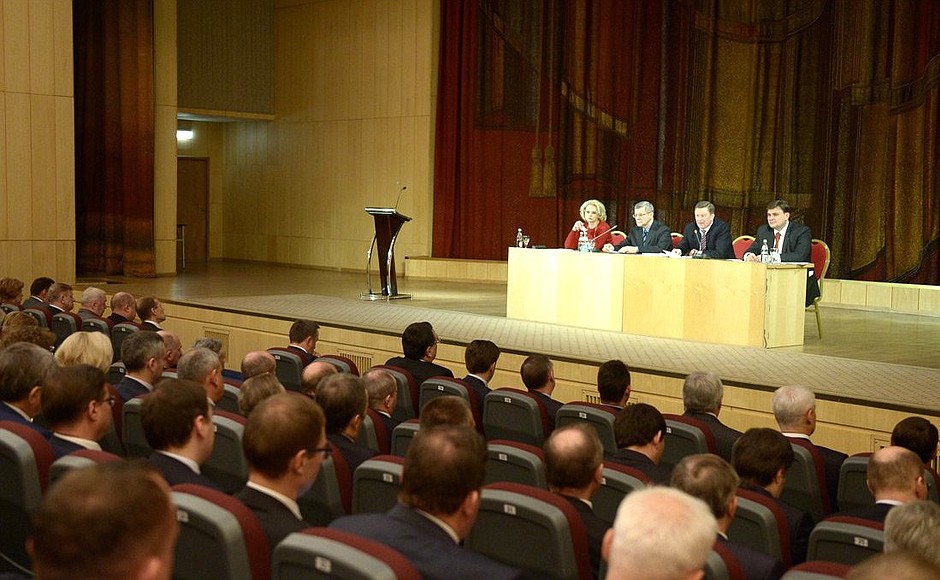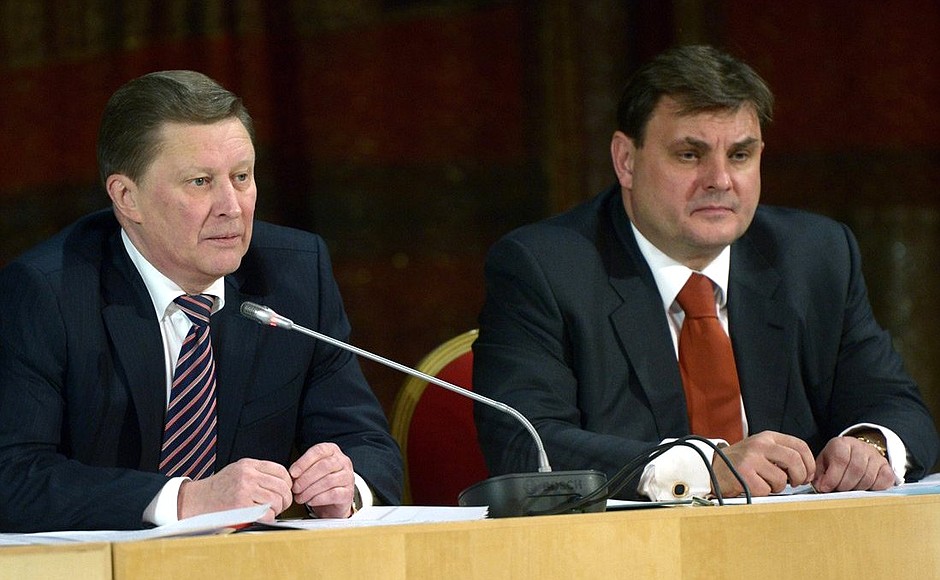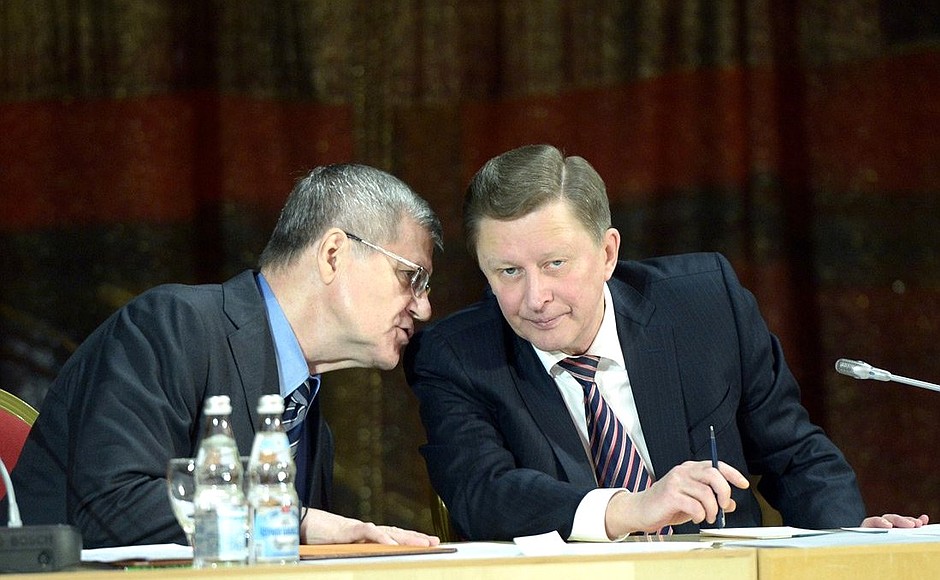The meeting participants discussed ways to increase results and optimise monitoring and control work. In his remarks at the meeting, Mr Ivanov noted the need for an operational transition from a system of widespread and frequent checks to a new model based on risk analysis. Mr Ivanov said that one and the same inspection principles cannot be applied to hazardous industrial facilities and to small companies that have no impact on the environment and public health.
Mr Ivanov said that a common register of checks and inspections should be a key element in the system for keeping records of and monitoring the effectiveness of the control agencies’ work. Vladimir Putin set the task of establishing a public system for keeping records of and analysing the effectiveness of watchdog agencies’ work in his annual Address to the Federal Assembly.
Mr Ivanov noted too that organisation of monitoring work should be reflected in the draft federal law on state control. The law should clearly define the powers of each monitoring agency and delineate these powers from other control powers exercised by the parliament, courts and the public.
Mr Ivanov called for the establishment of a new system for monitoring state defence procurement contracts given that considerable sums of money are being allocated to finance orders of new arms and equipment for Russia’s armed forces. Mr Ivanov said that this task requires giving broader powers to the Federal Financial Monitoring Service so that it can oversee not just the main companies involved in carrying out the contracts but the whole chain of suppliers.


